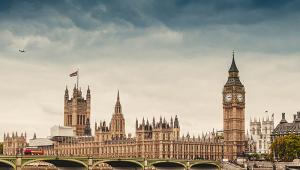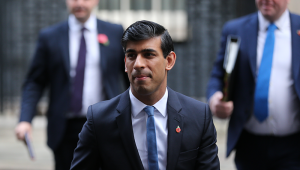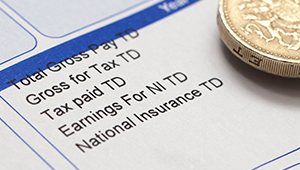Up to a million public sector staff including members of the armed forces, teachers, prison officers and the police are to receive their biggest pay increase for 10 years following an announcement on Tuesday.
Paying public sector workers costs the government £180bn annually and each 1% increase in their pay costs £1.8bn per year, the think-tank says.
The IFS said: “We estimate that the announcement on Tuesday will cost around £800m per year extra compared to the 1% increases previously planned for.”
The think-tank said that by scrapping the 1% public sector pay cap and funding rises from departmental budgets, rather than through the Treasury, the Department for Education and the NHS will be affected most.
In Parliament, chief secretary to the Treasury Liz Truss said the DfE would provide £500m from its central budget for teachers’ pay, while other departments had been able to find savings.
The IFS said: “While there have been suggestions that departmental ‘underspends’ could be used to help fund higher pay, this is at best a temporary solution.”
The economists said that other savings would need to be found at some point.
Commenting on teachers’ pay, IFS research fellow Luke Sibieta said: “Today's announcement of a 3.5% pay rise for teachers on the main pay range will help with recruitment and retention for teachers early in their career, which has emerged as a serious problem in recent years.
“However, about 60% of teachers will receive below-inflation awards of 2%, or in the case of school leaders 1.5%.”
Unions voiced their concerns that unfunded pay rises would lead to cuts to front line services elsewhere.
Unison’s assistant general secretary Christina McAnea said: “The government is simply robbing Peter to pay Paul.
“Without extra money from the Treasury to fund these pay increases, services and jobs somewhere will have to be cut.
“Just as it did for the NHS and health workers, the Treasury should have come up with the money to fund all these pay promises.”











